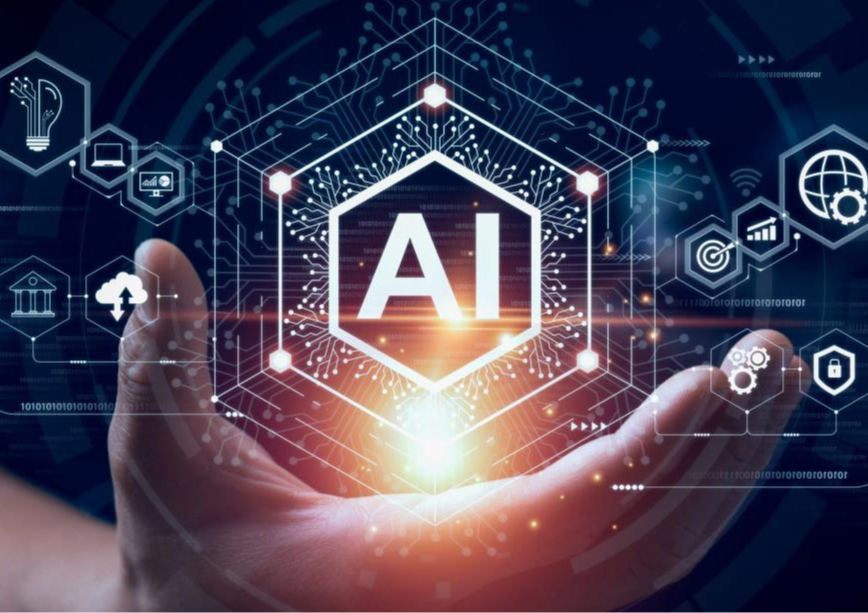The Role of AI in Risk Management
The Role of AI in Risk Management
Blog Article
Artificial Intelligence (AI) is revolutionizing industries world wide, and knowledge methods are number exception. With the capacity to analyze knowledge, modify learning, and automate administrative responsibilities, AI is transforming old-fashioned techniques to training and learning. Listed here is a closer search at how Artificial intelligence (umela inteligence) may increase knowledge systems and increase outcomes for students, educators, and institutions.
Personalizing the Learning Knowledge
One of the very significant benefits AI delivers to knowledge is customized learning. Using intelligent calculations, AI may analyze a student's efficiency, understanding pace, and aspects of battle, then tailor components and suggestions for their specific needs. As an example:

Versatile Learning Programs use AI to offer custom content for every single student, ensuring they progress at their particular pace. Studies reveal that pupils using adaptive learning resources frequently obtain greater outcomes in comparison to traditional methods.
AI Tutors can support pupils with particular challenges, providing step by step details and practice issues in parts they discover difficult. This method gives extra help without overburdening educators.
This level of personalization aims to close learning gaps, ensuring number student is remaining behind.
Streamlining Administrative Responsibilities
Synthetic intelligence also eliminates the burden of administrative tasks on teachers and college staff. Automating similar activities enables educators to concentrate more on their primary role—teaching.
Grading Automation driven by AI decreases enough time spent on assessing standardized checks, quizzes, and assignments. For instance, AI resources may assess multiple-choice responses and even offer feedback on published essays.
Arrangement and Administrative Help methods use AI to organize student and instructor schedules, manage sources, and communicate reminders.
These efficiencies may save yourself countless hours, making training programs more successful and effective.
Increasing Use of Education
AI-powered methods are expanding access to training internationally, specially for underserved communities. Like:
Language Interpretation Tools allow students to gain access to understanding components within their native language, wearing down language barriers.
Electronic Classes and AI-enabled distance understanding systems ensure students can learn from everywhere, using little resources.
This democratization of education pieces a precedent for more inclusive and equitable understanding experiences.

Encouraging Data-Driven Decision Creating
AI also assists educational institutions make more knowledgeable decisions. By studying large levels of knowledge, AI techniques can:
Estimate graduation costs and recognize at-risk students early.
Provide insights into curriculum effectiveness.
Enhance reference allocation centered on knowledge trends.
These features allow instructional leaders to produce strategic choices that benefit the whole system.
The Way Ahead
AI is not just a software but a game-changer for contemporary education. By handling simple difficulties like personalization, access, and performance, AI may cause the way to an even more inclusive and modern knowledge system. Nevertheless, their implementation should be careful, prioritizing ethical considerations and instructor engagement to totally understand its possible in surrounding the future of learning. Report this page